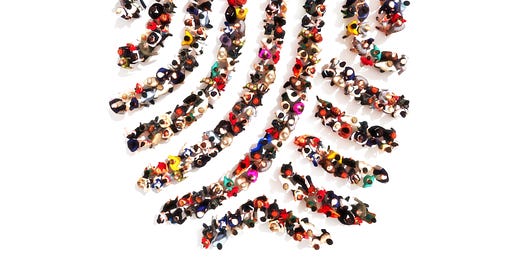Are open-identity oocyte and sperm donors ready for the release of their identity to offspring conceived with their gametes? Follow-up 14-17 years post-donation
Majority of gamete donors welcome future contact with offspring, but desire guidance and advance notification for managing potential relationships.
Lampic, C., Bladh, M., Skoog Svanberg, A., & Sydsjö, G. (2024). Are open-identity oocyte and sperm donors ready for the release of their identity to offspring conceived with their gametes? Follow-up 14-17 years post-donation [Abstract P-495]. Human Reproduction, 39(Supplement_1), i425. https://doi.org/10.1093/humrep/deae108.836
Geographic Region: Sweden
Research Question: What attitudes and needs do open-identity oocyte and sperm donors have regarding potential future contact with adult offspring from their donation?
Research Methods: Prospective longitudinal study (Swedish Study on Gamete Donation (SSGD)). Postal surveys at 5 time points over 14-17 years post-donation. Current study uses data from 5th wave (2021-2022).
Sample: 191 donors (100 oocyte donors, 91 sperm donors) who donated between 2005-2008. Excluded known/directed donors and those who knew their donation did not result in a child.
Analysis Methods: Pearson's chi-square statistic and multinomial logistic regression
Key Findings:
71% of donors had positive attitudes towards being approached by offspring, 19% neutral, 10% negative
Donors unaware of any offspring were 3x more likely to be negative about contact
59% wanted guidance on handling potential future contact
93% wanted notification when offspring request identifying information
80% wanted to convey openness to contact through clinic staff
Limitations: May not generalize to other groups or contexts
Applications:
Open-identity donors should have access to information and counseling to prepare for potential contact with donor-conceived persons.
Clinics should consider procedures for notifying donors and conveying donors' stances on contact.
Funding Source: Not specified
Regulatory Context:
Sweden was one of the first countries to implement identity-release donation, passing legislation in 1984 that went into effect in 1985.
Only altruistic gamete donation is allowed. Donors can receive compensation for expenses and inconvenience, but not payment for the gametes themselves.
Both sperm and egg donation are permitted. Embryo donation became legal in 2019.
Same-sex female couples have had access to donor insemination since 2005 and IVF since 2016. Single women gained access in 2016.
Donation is only allowed at authorized fertility clinics. Private arrangements are not legal.
All prospective donors and recipients must undergo counseling and medical/psychological screening.
Donors must be 18 years or older.
Anonymous donation is prohibited. All donors must agree to be identifiable to offspring.
Donor-conceived individuals have the legal right to obtain identifying information about their donor when they reach "sufficient maturity," typically interpreted as age 18, though no specific age is mandated by law.
Parents are encouraged, but not legally required, to tell children about their donor conception. However, the information is recorded in medical records that the child can access as an adult.
There are restrictions on how many children/families can be created from one donor's gametes, but the exact number can vary between clinics.
The National Board of Health and Welfare maintains a central register of all donor treatments.
Donors do not have any legal or financial obligations to offspring. They are not considered the legal parents.
Lead Author: Claudia Lampic works as a professor in psychology at Umeå University, with a focus on clinical psychology. Her research focuses on psychological aspects of somatic disease, primarily cancer and infertility.



